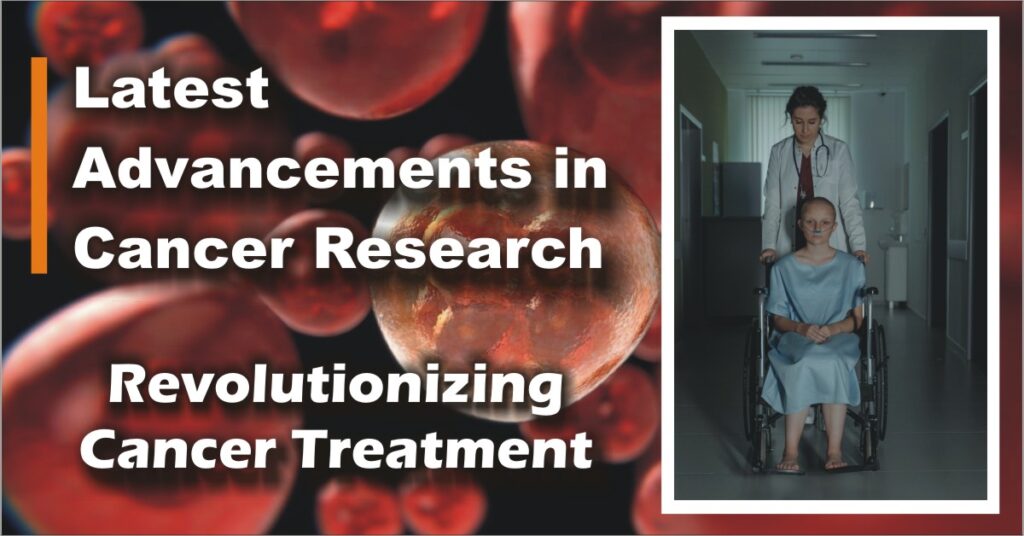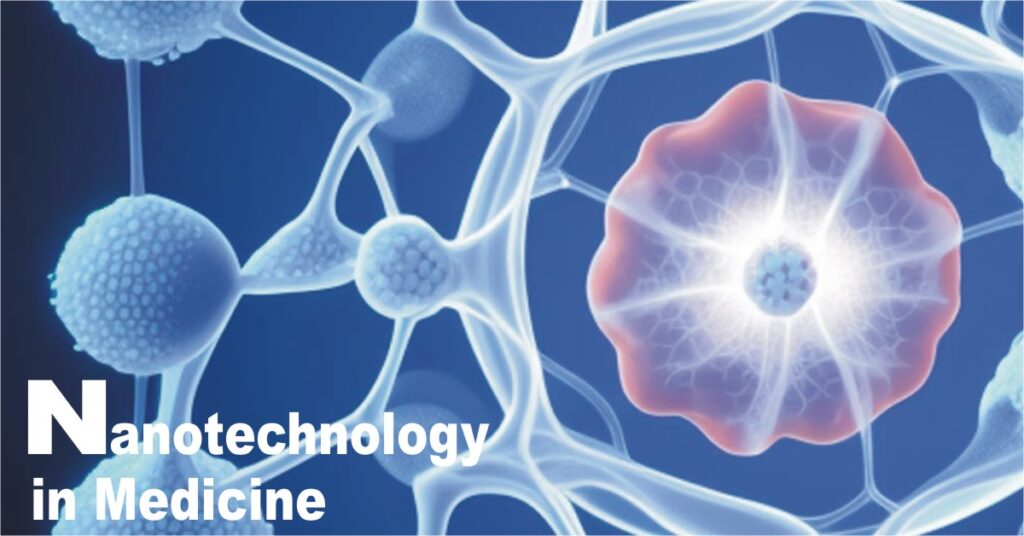Preface
Advancements in Gene therapy and gene-based treatments define revolutionary approaches in the field of medicine, holding the capability to address formerly untreatable genetic conditions and transfigure the landscape of healthcare. By using the power of genetic engineering and technologies like CRISPR- Cas9, scientists are trying to correct or replace defective genes, paving the way for personalized and targeted therapeutic interventions. This article explores the captivating world of advancements in gene therapy, its uses, challenges, and coming prospects, eventually steering in a new period of precision medicine.
Understanding Gene Therapy
Gene therapy involves the manipulation of genes within a patient’s cells to treat or help conditions caused by genetic abnormalities. The primary idea is to introduce healthy clones of a specific gene, repair the defective gene, or silence harmful genes responsible for the development of genetic diseases. Gene remedy can be distributed into two main approaches somatic gene therapy and germline gene therapy.
Somatic Gene Therapy
Somatic gene therapy targets non-reproductive cells and aims to correct inheritable defects that create diseases. It involves introducing remedial genes into the patient’s affected tissues through various methodologies, including viral vectors, liposomes, and gene- editing techniques. Once integrated into the target cells, these therapeutic genes produce functional proteins, effectively treating the underlying condition.
Germline Gene Therapy
Germline gene therapy involves genetic alterations at the germline level, meaning changes are passed on to upcoming generations. While this approach offers the potential to wipe out genetic disorders from the gene pool entirely, it raises complex ethical concerns and is presently banned due to the threat of unintended consequences.
Advancements in Gene Therapy
Following are the new methods used to create advancements in gene therapy.
a) CRISPR- Cas9 Technology
One of the most groundbreaking developments in gene- based treatments is the CRISPR- Cas9 gene- editing technology. This revolutionary tool allows scientists to precisely edit DNA sequences, enabling targeted corrections of defective genes. CRISPR- Cas9 has shown remarkable success in laboratory settings and holds immense pledge in treating a wide range of genetic disorders.
b) Viral Vectors
Viral vectors are engineered viruses that act as delivery vehicles to transport therapeutic genes into target cells. These vectors have significantly amended the effectiveness and precision of gene therapy, enhancing the capability to target specific tissues and reduce off- target effects.
Applications of Gene Therapy
Gene Therapy in Inherited Diseases
Cystic Fibrosis: Cystic fibrosis is a life- threatening genetic disorder affecting the respiratory and digestive systems. Gene therapy has shown promising results in preclinical studies and early- phase clinical trials, aiming to correct the underlying gene mutations responsible for the disease.
Hemophilia: Hemophilia, a bleeding disorder, results from mutations in specific clotting factor genes. Gene therapy offers a potential cure by giving functional clones of these genes, thereby enabling the production of the missing clotting factors.
Leber Congenital Amaurosis( LCA): LCA is a rare inherited eye disease leading to severe vision impairment. Gene therapy has demonstrated significant success in treating certain forms of LCA, restoring vision by delivering functional genes to the retina.
Cardiovascular conditions
Gene therapy is being researched as a possible treatment for heart diseases, including myocardial infarction and congestive heart failure. Therapeutic genes can stimulate angiogenesis and promote heart tissue regeneration.
Cancer Treatment
New advancements in gene therapy hold great potential in the fight against cancer. Experimenters are developing gene cures that can target cancer cells directly, enhancing the immune system’s capability to recognize and destroy malignant cells, and even reprogramming cancer cells to behave like normal cells.
Neurodegenerative Disorders
With the advancements in gene therapy inherited neurodegenerative conditions similar as Alzheimer’s and Parkinson’s disease have proven challenging to treat effectively. Gene therapy aims to restore normal cellular functions, slow down complaint progression, and potentially halt the degenerative process altogether.
Challenges and Ethical Considerations
Despite the remarkable progress in gene therapy, there are several challenges that scientists and medical practitioners face
Delivery Methods
Effective delivery of therapeutic genes to the target cells remains a significant obstacle. Scientists are continuously working to ameliorate delivery methodologies to ensure the treatment’s success and reduce potential side effects.
Immune Response
Some patients may witness immune responses to the viral vectors used in gene therapy. This can limit the effectiveness of the treatment and, in some cases, cause adverse reactions.
Off-Target Effects
Ensuring the precision of gene- editing technologies like CRISPR- Cas9 is critical to avoid unintended changes in the genome. Even minor off- target effects could have severe consequences, making safety a paramount concern.
Ethical Dilemmas
Germline gene therapy raises profound ethical questions about the possibility of” designer babies” and the capability for unintended consequences in coming generations. Strict ethical guidelines and oversight are necessary to ensure responsible use of this technology.
Renowned Institutions for Gene Therapy in the World
Several famed hospitals and research centers across the globe are involved in gene therapy . Here are some notable institutions
- National Institutes of Health( NIH) National Human Genome Research Institute( NHGRI) – United States
- The NHGRI, part of the NIH, plays a significant part in advancing genomic research, including gene therapy. It funds and collaborates on various gene therapy projects and clinical trials.
- Mayo Clinic– United States
- The Mayo Clinic is a renowned medical center known for its expertise in various medical specialties, including gene therapy research and treatment. They conduct cutting- edge research and give gene therapy for specific conditions.
- Fred Hutchinson Cancer Research Center – United States
- Fred Hutchinson Cancer Research Center focuses on cancer exploration and treatment, including gene- based cures like CAR- T cell therapy, a form of immunotherapy.
- University College London( UCL) Gene Therapy Consortium– United Kingdom
- The UCL Gene Therapy Consortium is a collaboration between UCL and various London- based hospitals. They’re at the forefront of gene therapy research and have been involved in several clinical trials.
- Centre for Genomic Regulation (CRG)– Spain
- The CRG is a leading research institute focusing on genomics and genetics. They conduct research on gene therapy and other gene- based treatments.
- Children’s Hospital of Philadelphia (CHOP)– United States
- CHOP is one of the top pediatric hospitals in the world. They’re diligently involved in gene therapy research and have been at the front line of gene therapy clinical trials for genetic diseases.
- RIKEN Center for Integrative Medical Sciences– Japan
- RIKEN’s Center for Integrative Medical Sciences conducts cutting- edge research in various medical fields, including gene therapy and gene editing.
- St. Jude Children’s Research Hospital – United States
- St. Jude is a famous pediatric research hospital with a focus on treating childhood diseases, including genetic diseases through gene therapy approaches.
Conclusion
Gene therapy and gene- based treatments represent a transformative frontier in medicine, offering hope for patients suffering from once-incurable genetic diseases. The remarkable advancements in genetic engineering, particularly CRISPR- Cas9 technology, have opened new possibilities for precision medicine and personalized therapies. As research continues and clinical trials progress, we must strike a delicate balance between innovation and ethical considerations to ensure that this important technology benefits humanity while safeguarding against unintended consequences. Gene therapy’s future is really bright, and with responsible implementation, it has the potential to reshape the landscape of healthcare and improve countless lives.


